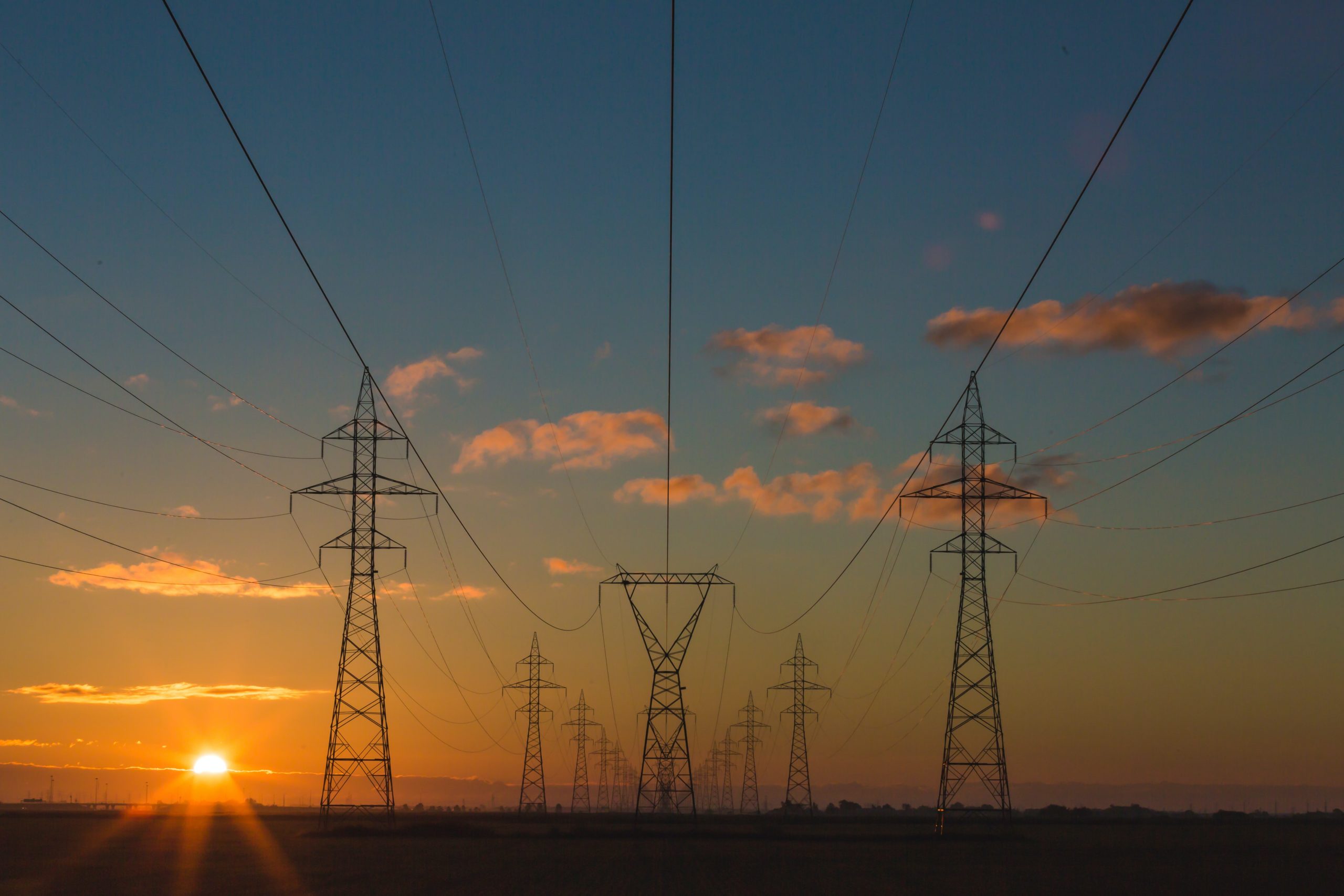Overview:
The markets have been gaining following the natural gas flows from Russia via Nord Stream 1 being limited to around 20% capacity, with gas and energy contracts jumping by 35% and 17% within a day. Concerns over winter gas supply meeting the demand when the temperatures drop; which are driving the costs up and is starting to impact 2023 and 2024 pricing as well as this year. The heatwave due across Europe and the UK has caused a spike in the market which is limiting suppliers’ ability to offer contracts that are valid for a long enough window for a customer to reach a decision and accept, as many are having to withdraw their pricing until there is some stability in the marketplace.
The surge in the market has left it highly volatile and the uncertainty, with the supply meeting the demand has been the main contributing factor pushing contracts prices higher. At the end of July, we were not seeing any relief in the markets until Summer 2024, when both gas and electricity were at 180.15 pence per therm and 180 pounds per MWh. However, pricing has increased so much so that for Summer 24 gas prices have increased by 41.5% and electric prices have increased by 24.2% and we now are not seeing relief until a whole year later in Summer 2025.
Concerns Over Winter Gas and Energy Supply in Europe
Centrica have applied to reopen their Rough gas storage this winter seeking government support; to carry out the necessary engineering work to make this operational one again. Centrica is seeking a regulatory framework from the government to enable the site to reopen. The company is prepared to invest around 2 Billion Pounds ($2.4 Billion) into the project. If successful, the site would build up capacity gradually and could eventually be used to store hydrogen.
Having significant gas in storage gives countries protection from unexpected supply issues and helps guard against price spikes. The rough site previously provided about 70% of Britain’s gas storage capacity. Had the site been open last winter, it could have saved households about £100 ($121.82) on their annual energy bills.
Head on over to our business energy solutions page for more information.
Don’t forget to follow us on our socials, we would love to hear your thoughts!
Facebook: @telecomsolutionsltd
Twitter: @telecomsol_ltd
LinkedIn: Telecom Solutions Ltd
Overview:
The markets have been gaining following the natural gas flows from Russia via Nord Stream 1 being limited to around 20% capacity, with gas and energy contracts jumping by 35% and 17% within a day. Concerns over winter gas supply meeting the demand when the temperatures drop; which are driving the costs up and is starting to impact 2023 and 2024 pricing as well as this year. The heatwave due across Europe and the UK has caused a spike in the market which is limiting suppliers’ ability to offer contracts that are valid for a long enough window for a customer to reach a decision and accept, as many are having to withdraw their pricing until there is some stability in the marketplace.
The surge in the market has left it highly volatile and the uncertainty, with the supply meeting the demand has been the main contributing factor pushing contracts prices higher. At the end of July, we were not seeing any relief in the markets until Summer 2024, when both gas and electricity were at 180.15 pence per therm and 180 pounds per MWh. However, pricing has increased so much so that for Summer 24 gas prices have increased by 41.5% and electric prices have increased by 24.2% and we now are not seeing relief until a whole year later in Summer 2025.
Concerns Over Winter Gas and Energy Supply in Europe
Centrica have applied to reopen their Rough gas storage this winter seeking government support; to carry out the necessary engineering work to make this operational one again. Centrica is seeking a regulatory framework from the government to enable the site to reopen. The company is prepared to invest around 2 Billion Pounds ($2.4 Billion) into the project. If successful, the site would build up capacity gradually and could eventually be used to store hydrogen.
Having significant gas in storage gives countries protection from unexpected supply issues and helps guard against price spikes. The rough site previously provided about 70% of Britain’s gas storage capacity. Had the site been open last winter, it could have saved households about £100 ($121.82) on their annual energy bills.
Head on over to our business energy solutions page for more information.
Don’t forget to follow us on our socials, we would love to hear your thoughts!
Facebook: @telecomsolutionsltd
Twitter: @telecomsol_ltd
LinkedIn: Telecom Solutions Ltd


